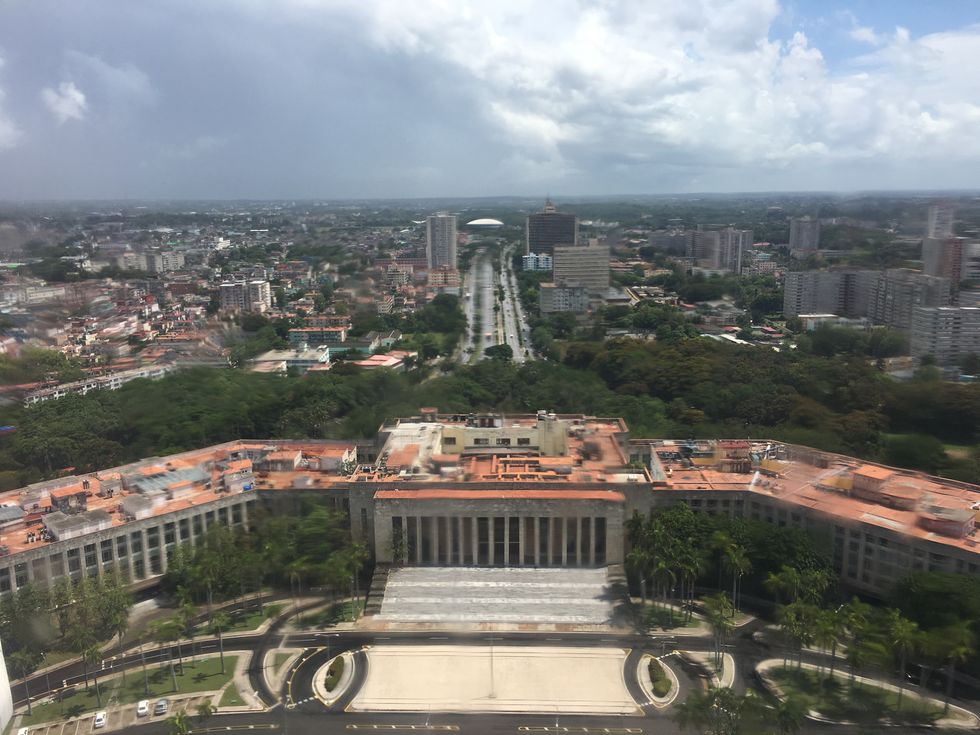Imagine waking up in the morning to take your last pill. You cannot refill this prescription even though you have to. There has been a shortage for months and your prescription is nearly impossible to find, even on the black market. You go to shower and the water shuts off while there is still soap everywhere. This is nothing new. You get out and head to the store to run some errands. The shelves at the store are completely empty except for rice and some oil. You grab the rice and head home. The toilet paper roll has been empty for days and there is no way for you to replace it. Although this may sound like the start of a bad day to some, this is normal for Cubans who are affected by the embargo daily.
According to the U.S Department of State, in February 1962 President John F. Kennedy proclaimed an embargo on trade between the United States and Cuba in response to certain actions taken by the Cuban government.
Kennedy directed the Departments of Commerce and the Treasury to implement the embargo, which remains in place today. Although President Obama loosened these restrictions, President Trump recently tightened them again. How does this affect everyone?
It is difficult and nearly impossible to find items like toilet paper/tissues, prescription medicine, anti-inflammatory drugs and painkillers in Cuba. The shelves at the stores will never be full, having aisles and aisles that are completely empty.
“It is hard these days but slowly getting better,” my friend told me as we talked through a poor internet connection. I met him while studying abroad in Havana. Only after about a month of living there did I realize how difficult it really is. The fact that there is a shortage of nearly everything causes the prices to go up. For Cubans who make on average the equivalent of $20 a month, it is impossible.
I remember a lawyer came to teach our class one day. He told us he made $25 a month. Outraged by this, we asked him, “How do you live?”
He laughed. “I don’t.”
Tightening the restrictions on Cuba also affects people like me in the States. I’m left to worry that I will never see my friend again and that others might not be able to have the educational experience I did.
As my friend would say, “Life is harder here in Cuba, but we make it work.”


















